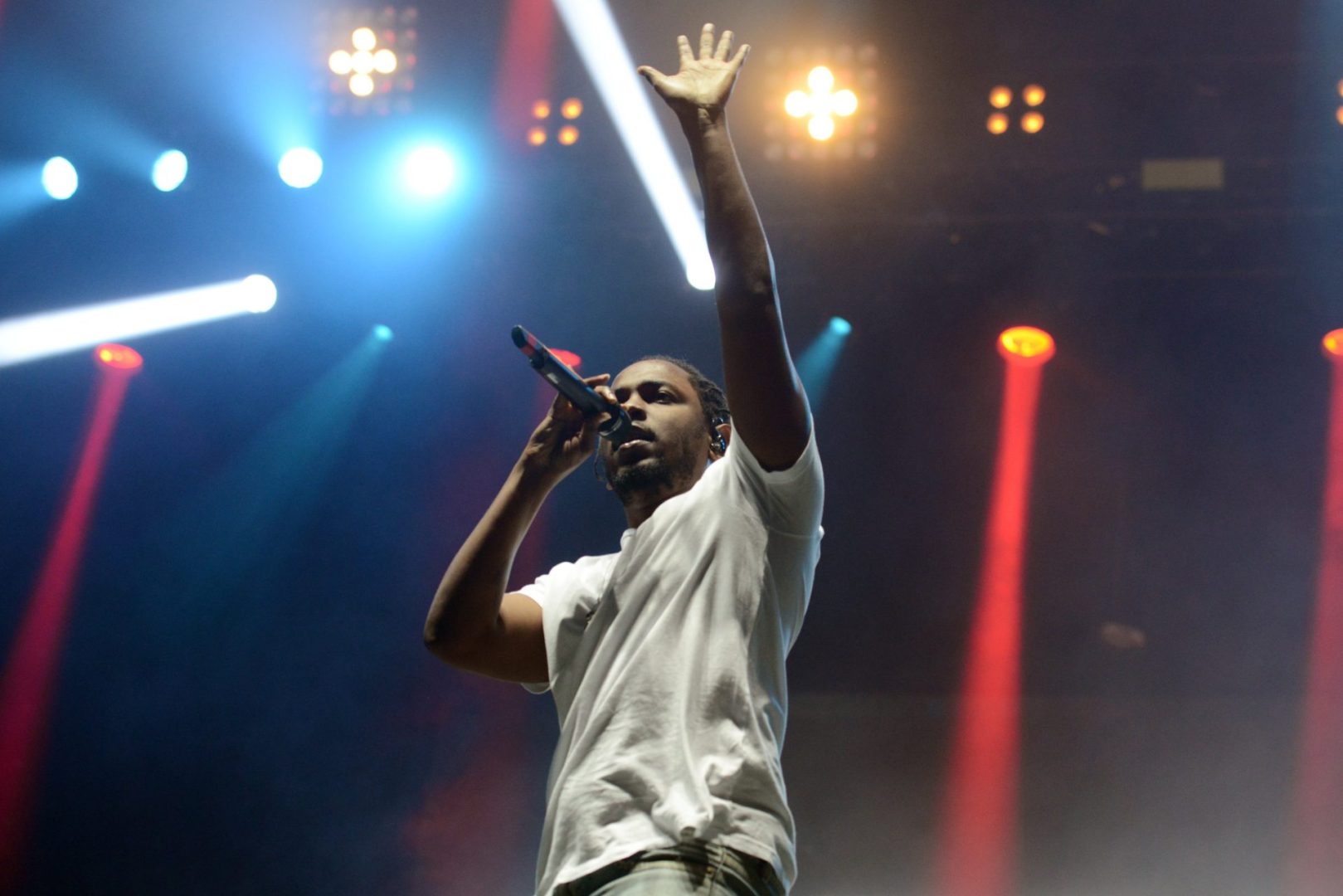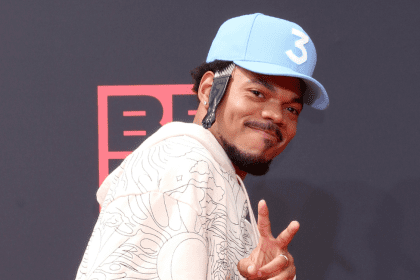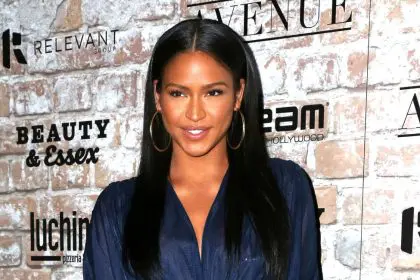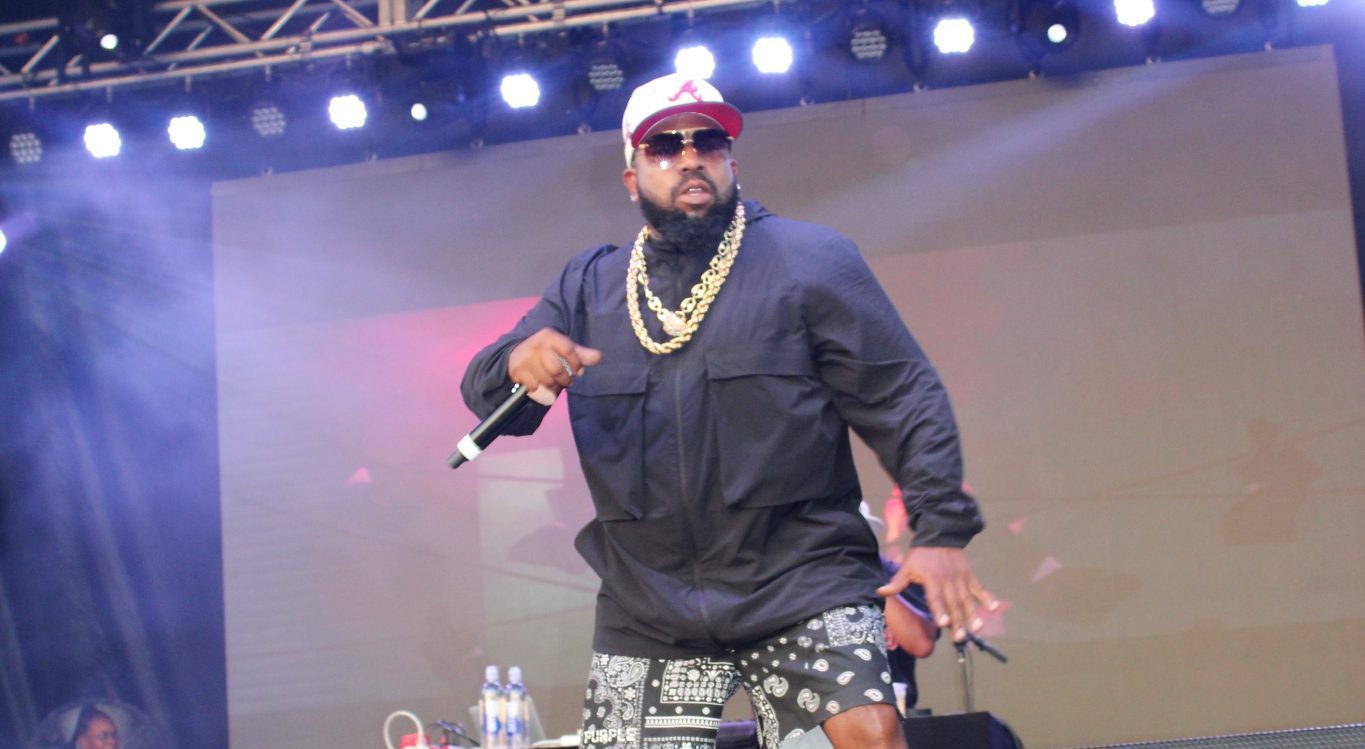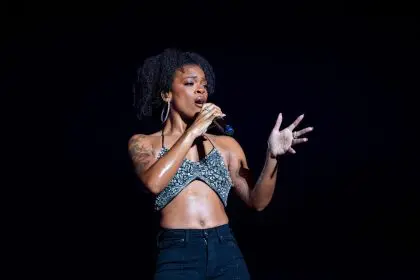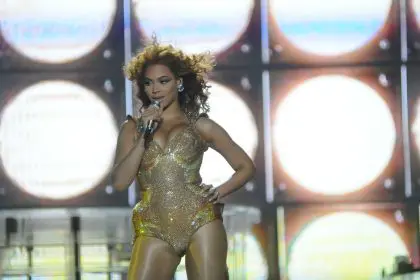Comedian Andrew Schulz sparked outrage following controversial remarks about Kendrick Lamar in response to the rapper’s critique of white comedians mocking Black women on his album “GNX.” During a podcast appearance, Schulz made offensive comments about Lamar’s appearance and suggested he could sexually assault the rapper. The remarks drew swift condemnation from industry figures.
TDE President Punch challenged Schulz on Twitter: “I know as a Black man who’s involved in hip-hop music, that we are a bit slow and don’t really understand sarcasm and humor. But did my guy say he want to sleep with Dot??” The sarcastic response highlighted growing industry frustration with comedians who mock hip-hop culture without understanding its context.
Hot 97’s Peter Rosenberg compared Schulz to Bill O’Reilly, stating “Schulz is no different than Bill O’Reilly. Acting like K Dot is 2 Live Crew shows Schulz doesn’t actually like or understand hip hop.” He emphasized that not all white people view Black culture merely as material for jokes. Actor O’Shea Jackson Jr. expressed disappointment in Schulz’s shift toward controversial humor, “Man how people change on some weird s—. I was a fan,” he tweeted.
The incident highlights ongoing tensions around cultural sensitivity in comedy. Critics note Schulz’s comments trivialize Lamar’s advocacy for Black women while demonstrating a disconnect from hip-hop culture. The controversy follows a pattern of backlash against comedians who make light of serious social issues affecting marginalized communities.
Entertainment analysts suggest the backlash reflects broader industry concerns about comedians exploiting Black culture without understanding or respect. Social media response shows strong support for Lamar among hip-hop fans and industry figures, with many calling for greater accountability in comedy.
Media coverage emphasizes how the controversy connects to larger discussions about race and representation in entertainment. Industry veterans note growing pushback against comedians who use racial and cultural differences as punchlines without considering the impact on affected communities.
Cultural critics point out that Schulz’s comments particularly stung given Lamar’s consistent advocacy for Black women’s rights and dignity in his music. The incident has sparked renewed debate about the responsibilities of comedians when addressing sensitive cultural topics.
The situation continues developing as more voices join the conversation about comedy’s role in addressing cultural topics. While neither Schulz nor Lamar have directly addressed the controversy, the broader dialogue about respect, representation and accountability in comedy shows no signs of slowing.

